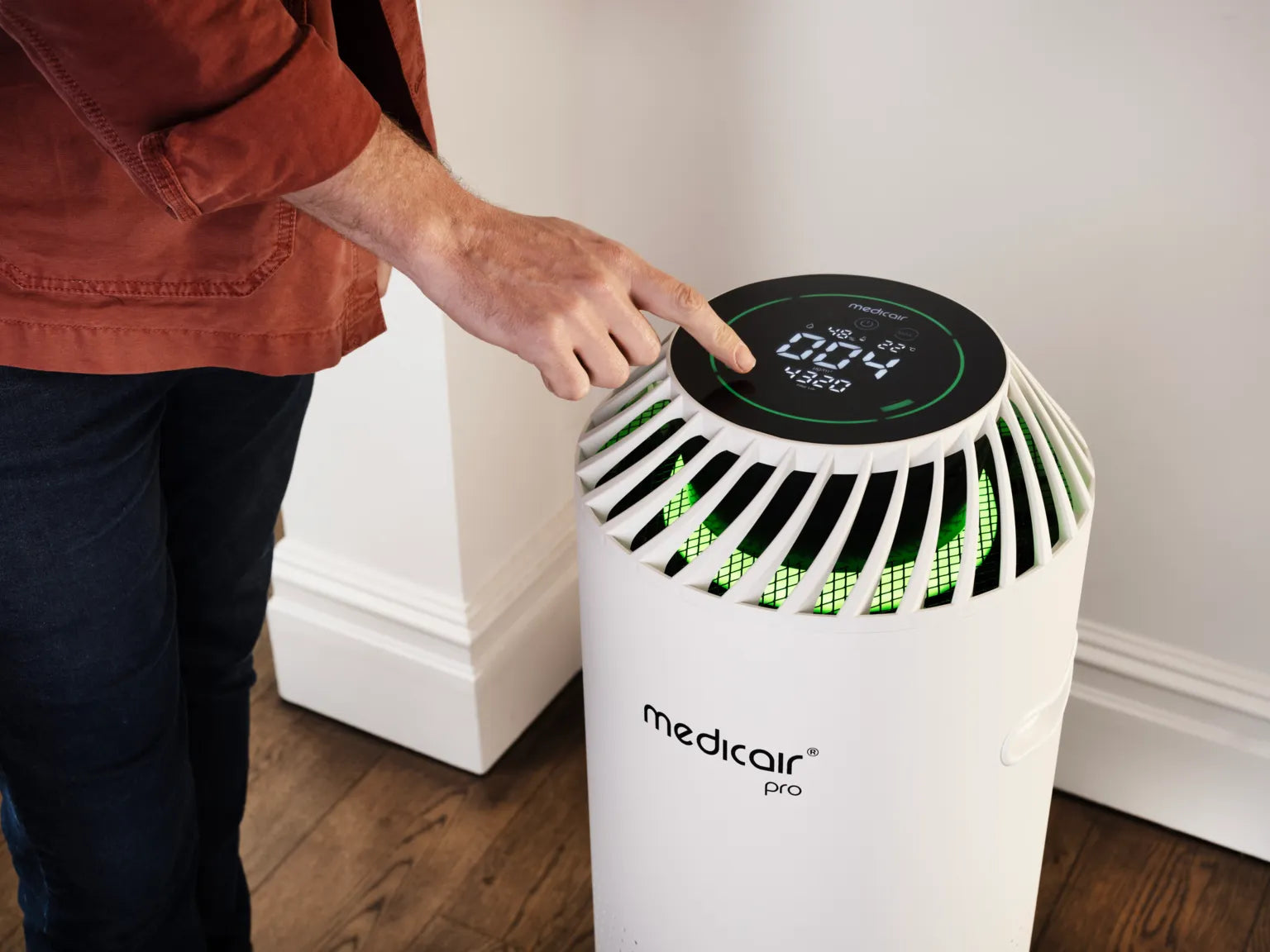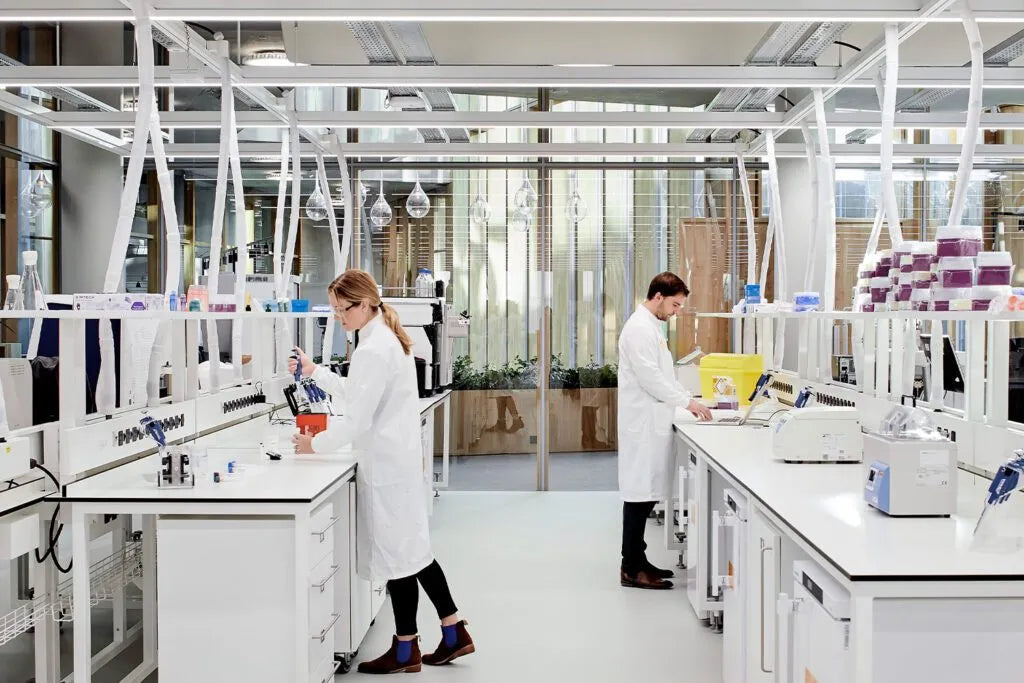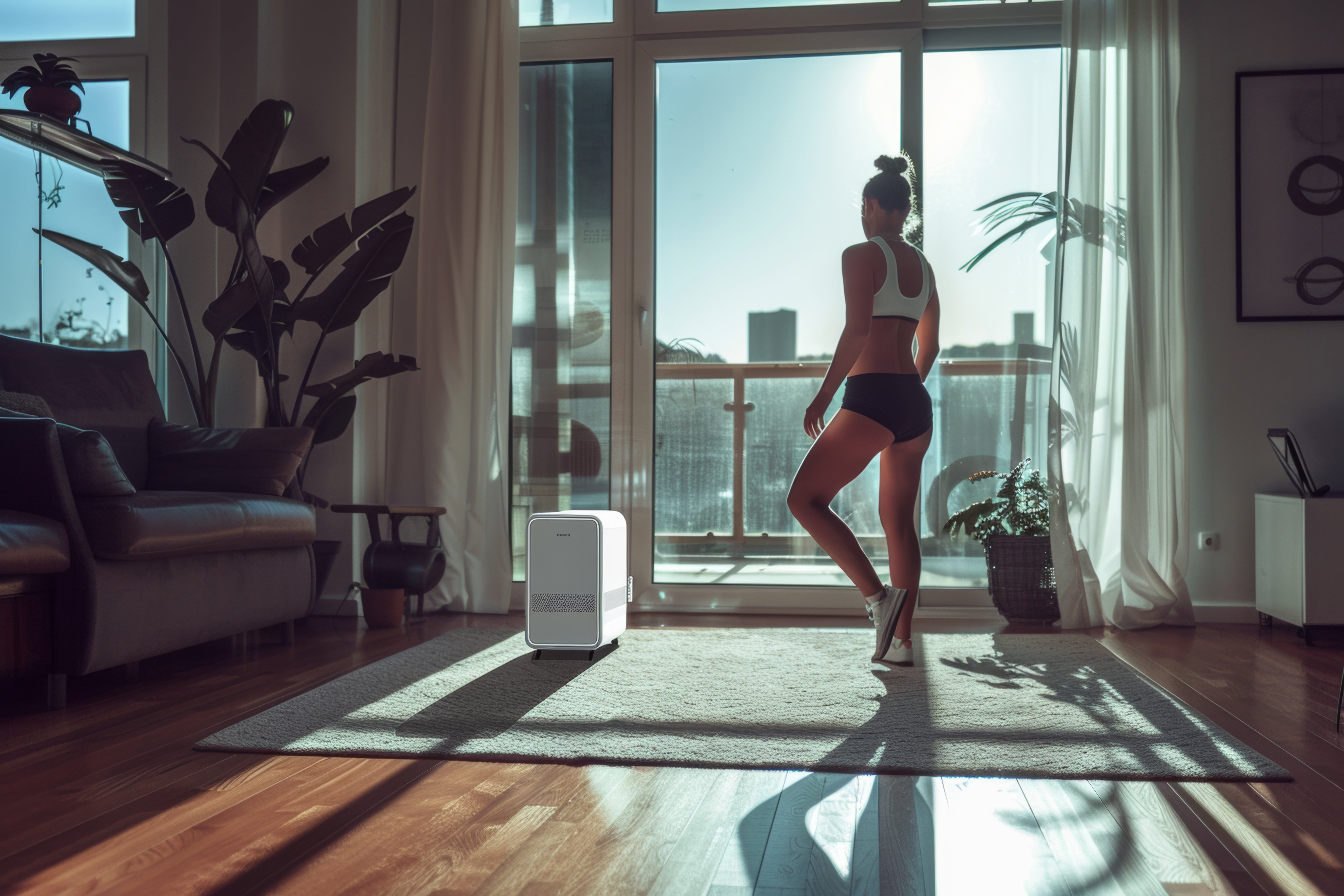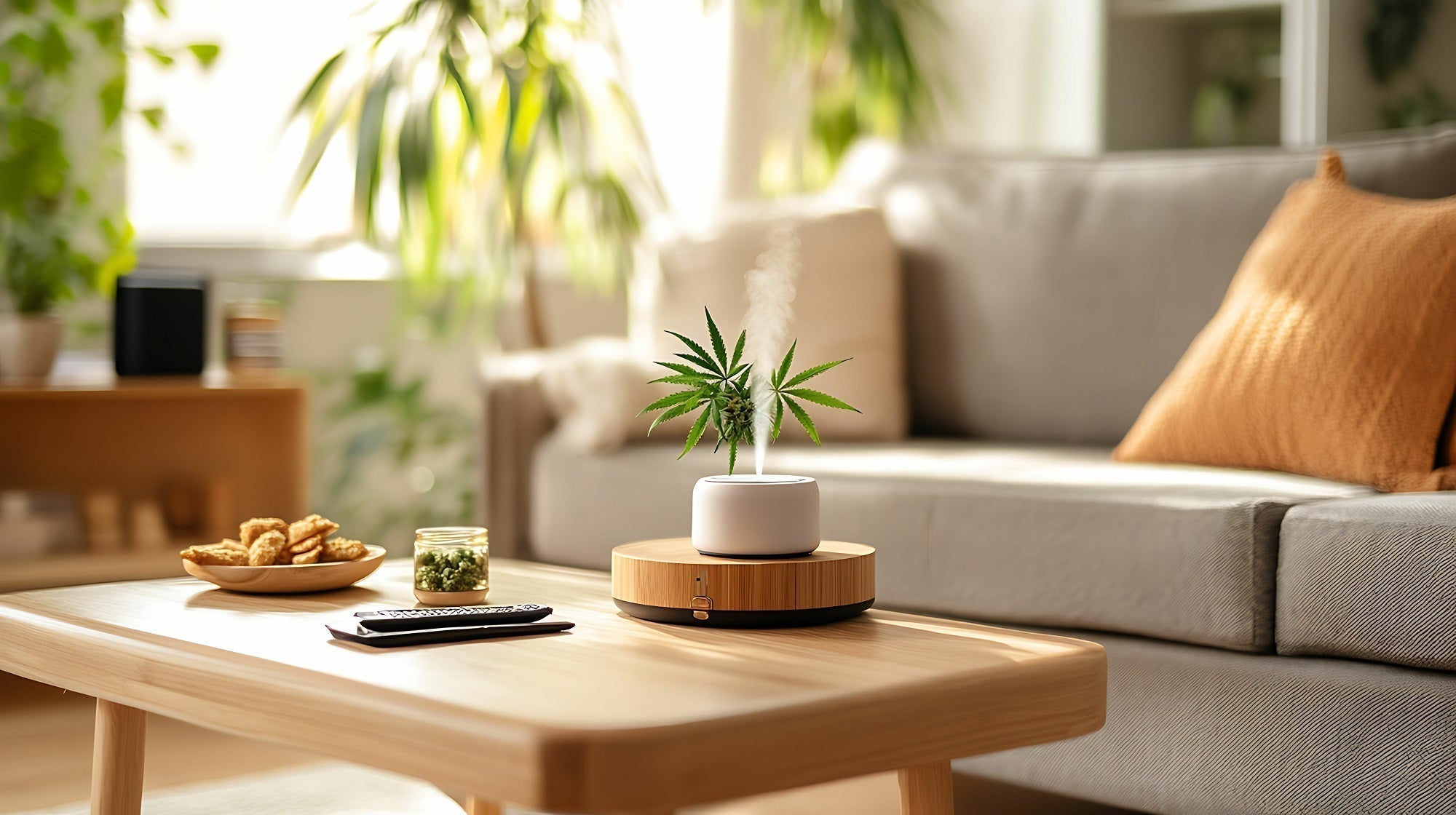5 Benefits from Air Purification

Reducing the transmission of airborne pathogens
Many viruses (e.g. novel coronavirus) and other pathogens are so small that they are able to remain in the air for extended periods after someone sneezes, coughs or talks. Thus, the removal of such impurities from the air is essential in order to avoid transmission of these tiny droplets from pers onto person. By introducing air purification, 99.99% of impurities can be eliminated from air, vastly reducing the risk of transmission. Benefits include the reduction in transmission of infectious diseases including viruses, bacteria and fungi, as well as the reduction of health concerns associated with high levels of VOCs or a complex combination of VOCs within the air.
Improved Cognitive Function

Numerous studies have affirmed a positive relationship between improved air quality and cognitive functional abilities. A 2015 Harvard study saw 24 participants spend 6 full working days in an artificially controlled office environment. Participants were uninformed as to the varying levels of air pollution present within their workspace and were required to undertake tests to evaluate their cognition on various days over the period. The scores resulting from such tests were found to be 61% higher on days where the indoor air quality was good i.e. contained low concentrations of pollutants, as opposed to days during which high concentrations of such pollutants were present.
Improved Productivity
A paper reviewing the available literature on productivity in relation to air quality found that improvements in indoor air quality by a factor of between 2-7 lead to significantly improved office productivity. Interestingly, even when the air quality is only ‘perceived’ to be better, levels of effort undertaken by employees on text typing and calculation tasks within an office environment were observed to be significantly higher
Reduced absence of workers from the workplace

Increased ventilation, allowing for improved circulation and thus improved air quality has been shown to significantly decrease the absence of office workers. One study found that for each 1 l/s increase in ventilation, short term absence(defined as<50% of a year) reduced by 2.9%.
Improved learning capacity
Low air quality is commonly found within the context of a school setting. This is commonly attributed to efforts sur-rounding saving energy; however, such negligence should be considered of higher priority given the well-established harmful relationship between poor indoor air quality (IAQ) and a child’s ability to learn. Children are also widely considered more vulnerable to environmental pollutants, leading to widespread findings of ‘sick building syndrome’ throughout school settings. One paper studied classes of 10-year-old children, measuring the impact increased airflow would have on the children’s performance of schoolwork. When teachers issued identical performance tasks which mimicked various aspects of school work, a doubling of air quality within the classroom was seen to increase performance observed by 15%It is clear, therefore, due to the many prominent benefits of breathing high quality air, that air purification is not a knee-jerk reaction to the ongoing COVID-19 pandemic, but instead is a long-term investment in the health and confidence of workers and the general public utilising an indoor space. Furthermore, studies show that the cost associated with implementing units to improve indoor air quality is far lower than the monetary savings released from the multiple benefits of improved health, reduced absence and productivity.
Recent Blogs
Independent Global Testing Confirms MedicAir’s Filtration Excellence
Two of MedicAir’s flagship systems – the MedicAir Pro and MedicAir Pro Max – have been independently verified for their outstanding performance in real-world environments, following rigorous testing conducted in Kuwait by international air filtration expert Dr Iyad Al-Attar.
Heatwaves and Indoor Air Quality: How MedicAir Safeguards Health and Productivity
The recent heatwave has brought swelteringly high temperatures across the UK, significantly impacting indoor air quality (IAQ) and indoor environmental quality (IEQ).
Why Indoor Air Quality Matters for Cannabis Grow Rooms
With MedicAir, you get more than just air purification–you get peace of mind, knowing your plants are thriving in a controlled, contaminant-free environment.


